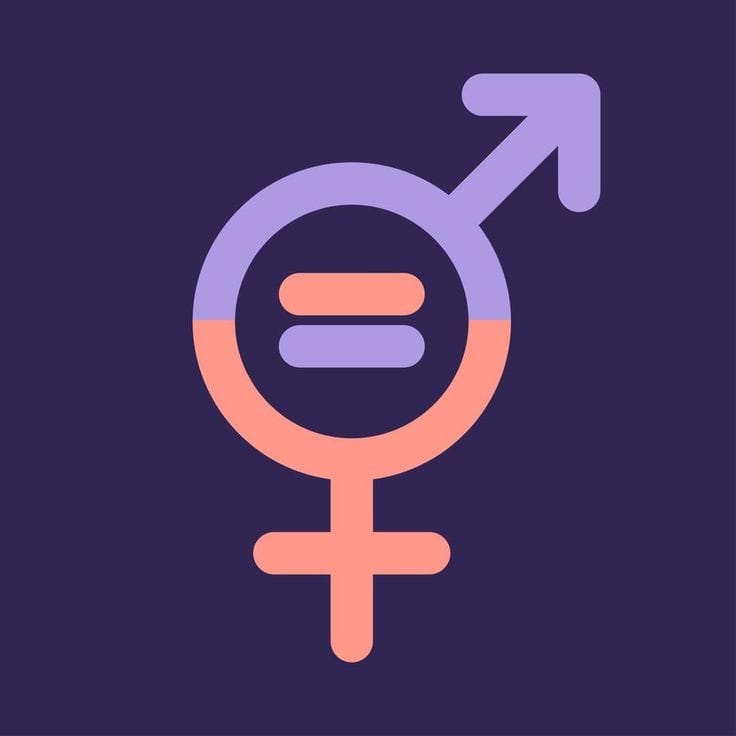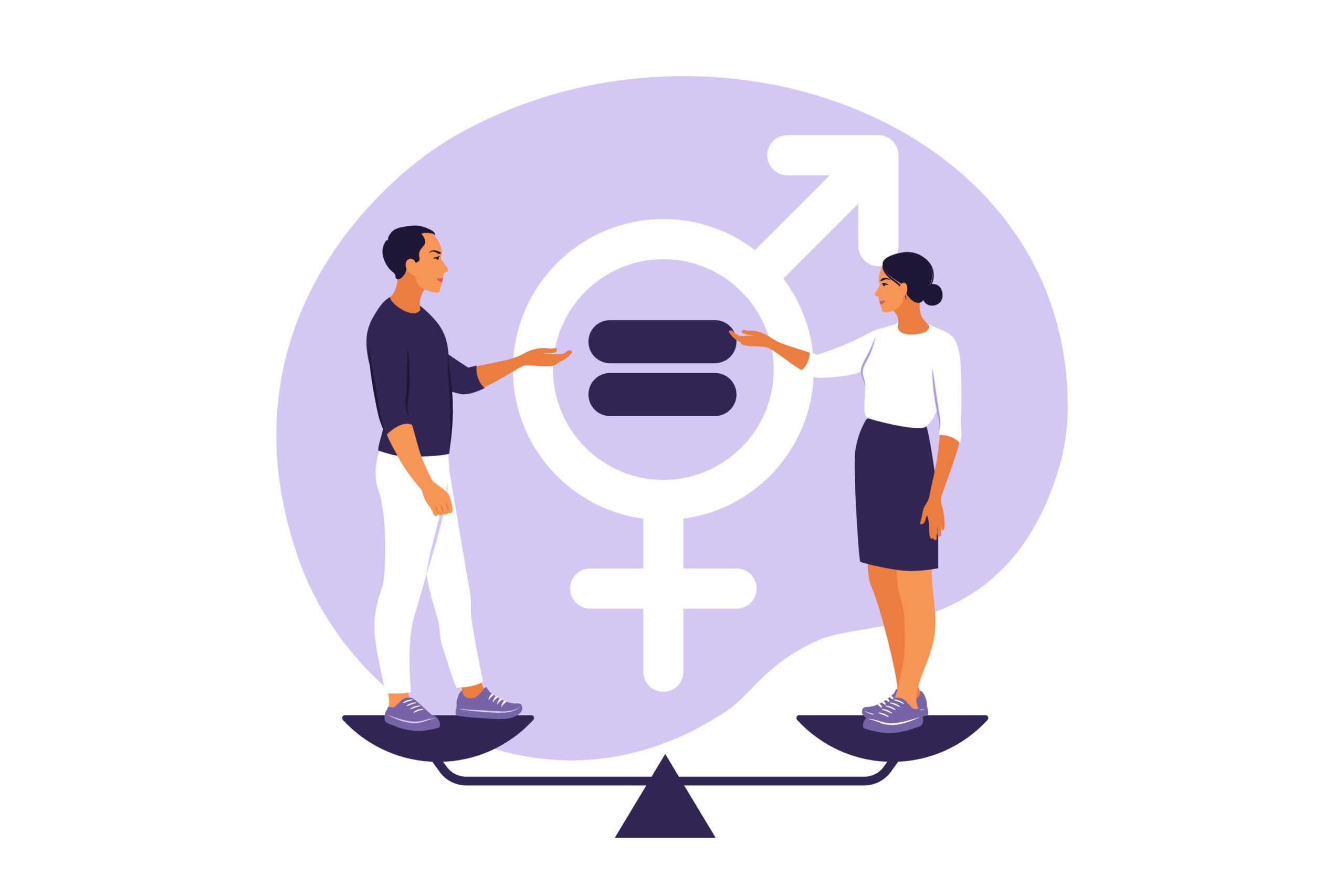A woman is human. She is not just better, but wiser, stronger, more intelligent, more creative, or more responsible than a man. Likewise, she is never less. Equality is given.
As the quote says Women’s rights are fundamental human rights that guarantee equal treatment and opportunities for women in all areas of life. These rights include the right to education, work, healthcare, and participation in decision-making processes. The fight for women’s rights has led to progress in reducing gender disparities, but challenges still exist in many parts of the world. Advocating for women’s rights is crucial for achieving gender equality and creating a more just society.
Women’s Equality Day is observed on August 26th each year in the United States. It commemorates the passage of the 19th Amendment to the U.S. Constitution in 1920, which granted women the right to vote. This significant milestone marked a major step forward in the journey towards gender equality.
The struggle for women’s equality has deep historical roots, dating back to the suffrage movement in the 19th and early 20th centuries. Women’s Equality Day not only celebrates the achievement of suffrage but also serves as a reminder of the ongoing fight for gender parity in various aspects of life.
Absolutely, women’s equality rights are essential for a just and equitable society. It encompasses equal opportunities, treatment, and representation for women in all aspects of life, including education, employment, politics, and more. Promoting women’s equality rights helps create a more inclusive and diverse world.
In today’s rapidly evolving world, the pursuit of women’s equality rights stands as a cornerstone of social progress. These rights encompass the principles of fairness, justice, and equal opportunities for women in every sphere of life. While significant strides have been made over the years, there remains much work to be done to achieve true gender parity. This essay explores the importance of women’s equality rights, their historical context, and the challenges and opportunities that lie ahead.
The significance of women’s equality rights cannot be overstated. They empower women to pursue education, careers, and personal ambitions without constraints. When women are afforded equal opportunities, societies benefit from a diverse pool of talents, ideas, and perspectives. This, in turn, leads to enhanced creativity, innovation, and economic growth. Moreover, women’s equality rights foster social harmony and contribute to breaking down traditional stereotypes and gender norms.
Historically, the fight for women’s equality rights has been a long and arduous journey. Women have tirelessly advocated for the right to vote, access to education, and the opportunity to work in previously male-dominated professions. Landmark achievements, such as the suffrage movement in the late 19th and early 20th centuries, paved the way for the recognition of women’s rights as human rights. However, it was only through concerted efforts and persistent activism that significant legal and societal changes were realized.
Despite progress, women continue to face various challenges on the path to equality. Gender-based discrimination, wage gaps, and underrepresentation in leadership roles persist in many industries and regions. Additionally, issues such as violence against women and limited access to healthcare and education in certain parts of the world hinder the advancement of women’s equality rights. Addressing these challenges requires a multifaceted approach, involving legal reforms, education, awareness campaigns, and collaboration among governments, organizations, and individuals.
The opportunities to further advance women’s equality rights are vast. Ensuring equal access to quality education and healthcare, implementing anti-discrimination policies, and promoting women’s participation in decision-making processes are key steps toward achieving gender parity. Supporting initiatives that empower women economically and socially, such as entrepreneurship programs and mentorship networks, can also play a pivotal role in breaking down barriers.
In conclusion, women’s equality rights are a crucial aspect of building a just and equitable society. They embody the principles of fairness, justice, and equal opportunities for women in all spheres of life. Despite the progress made, challenges persist, necessitating ongoing efforts to eliminate gender-based discrimination and ensure women’s full participation and representation. By continuing to advocate for and prioritize women’s equality rights, societies can unlock the untapped potential of half of their population and create a brighter, more inclusive future for all.
Written by: Thanupiriya Surenthiran
Image Courtesies:
Featured Image:https://bitly.ws/TbF5
Content Image 1: https://bitly.ws/TbF8
Content Image 2: https://bitly.ws/TbFe



